Toward Goal 16
Faculty Research Initiative on Social and Political Action for Peace, Justice and Strong Institutions
When Amina Mohammed, former special advisor to UN Secretary General Ban Ki-moon on the Sustainable Development Goals (SDGs), visited the Keough School of Global Affairs in 2015, she noted that among the 17 SDGs — which range from fighting poverty and hunger to improving access to education and health care to promoting sustainable communities, gender inclusion and climate action — perhaps the most important, and key to all the others, is Goal 16: Peace, Justice and Strong Institutions.
Notre Dame is positioned to be a powerful voice in understanding, formulating and supporting actions toward Sustainable Development Goal 16. More than two dozen faculty members are involved in a cross-disciplinary working group on the role of social and political action in social change efforts aimed at generating responsive, inclusive, and accountable governance processes around the world.
If we truly want to be both “pro-poor” and “pro-planet” — goals that Pope Francis has argued are intrinsically interrelated — we need to understand the factors that contribute to more “just, peaceful and inclusive societies” via the building of “effective and accountable institutions at all levels.” As educators of the future leaders and change agents, we have to address not only economic and security factors, but also the political, cultural and social dimensions of change efforts around the world.
— Ann Mische
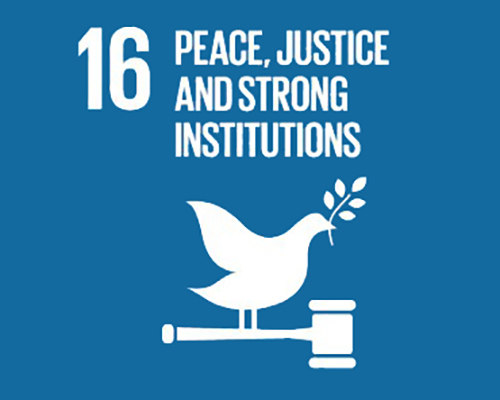
![]()
Research Framework & Rationale
One of the key challenges for those committed to the Keough School’s mission of integral human development lies in understanding the profound obstacles facing efforts to alleviate poverty, prevent violent conflict, and promote justice and the rule of law. Decades of work and copious resources have been invested in development and peacebuilding through international aid, interventions, and sanctions as well as through community empowerment, capacity building, and educational campaigns. Still, corruption remains a mounting problem. Inequality persists within and between countries. Violent extremism and the resulting refugee crisis deepen global instability. And climate change is intensifying social pressures and risks for communities, governments, and regions.
The figure below offers a preliminary mapping of our analytical framework and research framework.
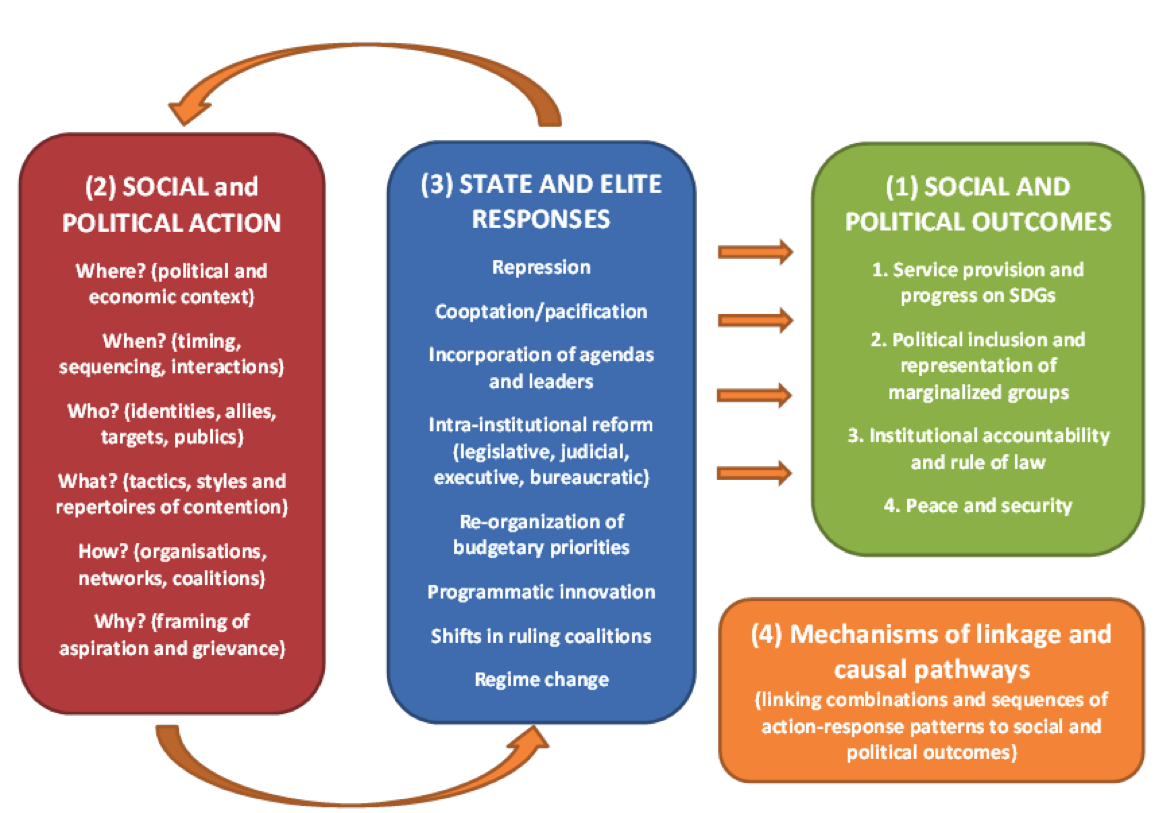
One of the insights emerging in the development community is that these issues are not just about economics or security, but also are questions of politics, culture, and social relations. Addressing these problems requires attention to democratic institutions, governance systems, rule of law, state capacity, elite power structures — and their relative degree of inclusion, accountability, and responsiveness to citizen grievances and aspirations.
We need to examine the role of ideas, ideologies, norms, and values – including religious values – in fostering or impeding social change processes. And we need to understand the mechanisms of linkage between marginalized and elite actors, as well as between local, national, and transnational networks of change agents.
Goal 16 Research Steering Committee
Ann Mische (sociology/peace studies)
Jaimie Bleck (political science)
Sara Sievers (global affairs)
Global Protest Wave
The urgency of many of these issues is underscored by the remarkable wave of citizen protest and pressure from below that has emerged over the past decade.
A recent study by the Carnegie Foundation for International Peace, The Complexities of Global Protest, noted a dramatic upsurge in global protest occurring in every region of the world, affecting every major regime category (authoritarian, semi-authoritarian, democratic) and encompassing a heterogeneous array of political, economic and social grievances.
This figure below summarizes data from the Carnegie report appendix on geographic locations and grievances of more than 150 major protests since 2010.
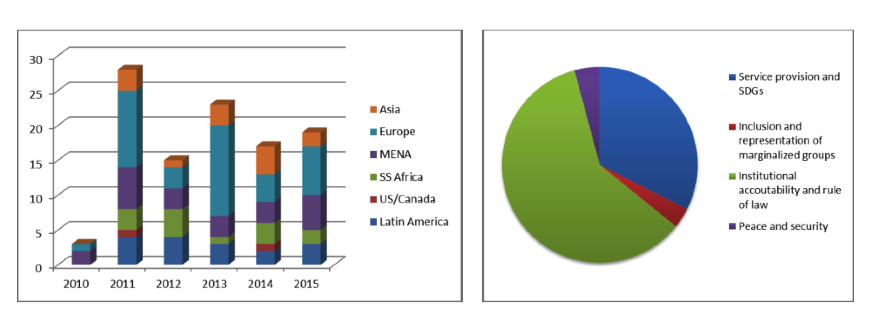
The two biggest areas of grievance have been institutional accountability and rule of law (including pro-democracy, anti-corruption, human rights and anti-police brutality protests) and those focused on service provision (including health, education, water and cost of living protests as well as anti-austerity and environmental protests).
The SDGs – and critically, Goal 16 – are being placed on the global agenda by citizens in the streets as well as in the deliberations of UN committees and elite policymakers.
These protests have had decidedly mixed results. Government responses to citizen protest have varied widely, ranging from tolerance and policy innovation to cooption and pacification to harsh repression — with critical implications for progress toward the aspirations of the protestors and toward the SDGs. We have seen some tragically dashed hopes (Egypt, Syria) but also some hopeful signs. In the past year anti-corruption protests in Guatemala brought down a government while popular mobilization in Burkina Faso helped to reverse an attempted coup.
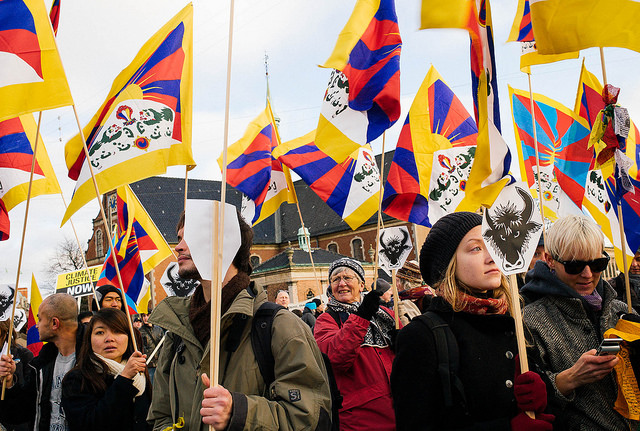

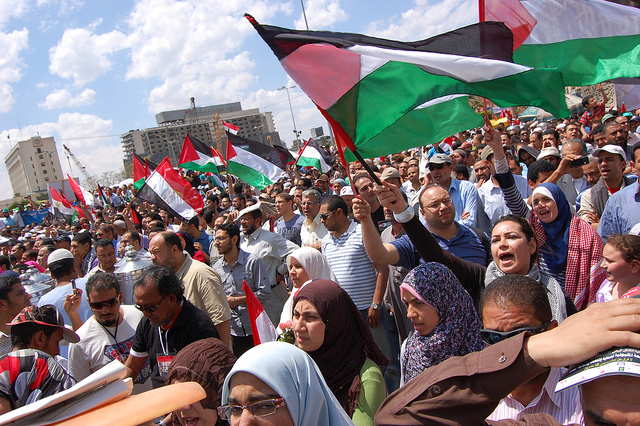
Citizen Action from Below
The recent surge in citizen action from below — demanding political inclusion, accountable institutions, an equitable justice system and increased responsiveness from states and elites – has generated excitement in some sectors of the policy community. Many policymakers seem optimistic about the capacity of citizen empowerment and action from below to pressure for political change that would support pro-poor policies. However, the evidential basis for these hopes remains far from settled.
- What forms of social and political action have the capacity to influence governance processes and development outcomes, and under what conditions?
- How do bottom-up pressures interact with top-down incentives for political and institutional reform?
- In what ways do powerful groups and interests, including political, economic, social, military, and /or religious elites, either obstruct or help to facilitate this bottom up action, and to what effect?
- When (and how) does popular pressure generate systemic change that addresses entrenched problems of poverty, corruption and violence? Or in contrast, when do such movements increase exclusion, polarization, conflict, repression and inequality?
In short, what are the possible pathways – and the impediments to those pathways – by which we can make progress in achieving Goal 16 one of the keys to unlocking the other urgent goals addressing poverty, environmental sustainability, and human development?
Working Group
The Goal 16 Working Group seeks to bring researchers out of their usual disciplinary, subfield and regional silos to address issues of joint academic and policy concern. We are particularly interested in connecting work on citizen action from below with institutional and policy reform efforts from above, as this is one of the big gaps in current work on social and political change.
We seek to be a space where Notre Dame faculty studying civil society, social movements, contentious politics and community participation can talk to those focused on state structure and bureaucratic reform efforts, democratic (or anti-democratic) institutions, elite power networks, religious institutions, international law, peacebuilding and human rights.
Notre Dame faculty interested in participating in this research initiative, please contact:
Ann Mische, amische@nd.edu and copy Maria Elena Bessignano, mbessign@nd.edu.
Members can nominate advanced graduate students, particularly those whose dissertations directly relate to the themes of the initiative, to the working group.
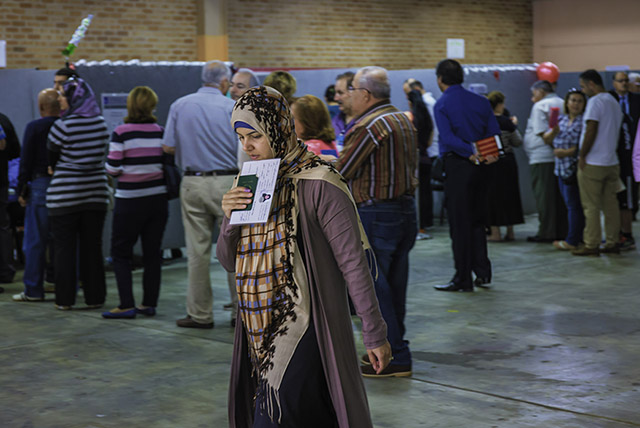
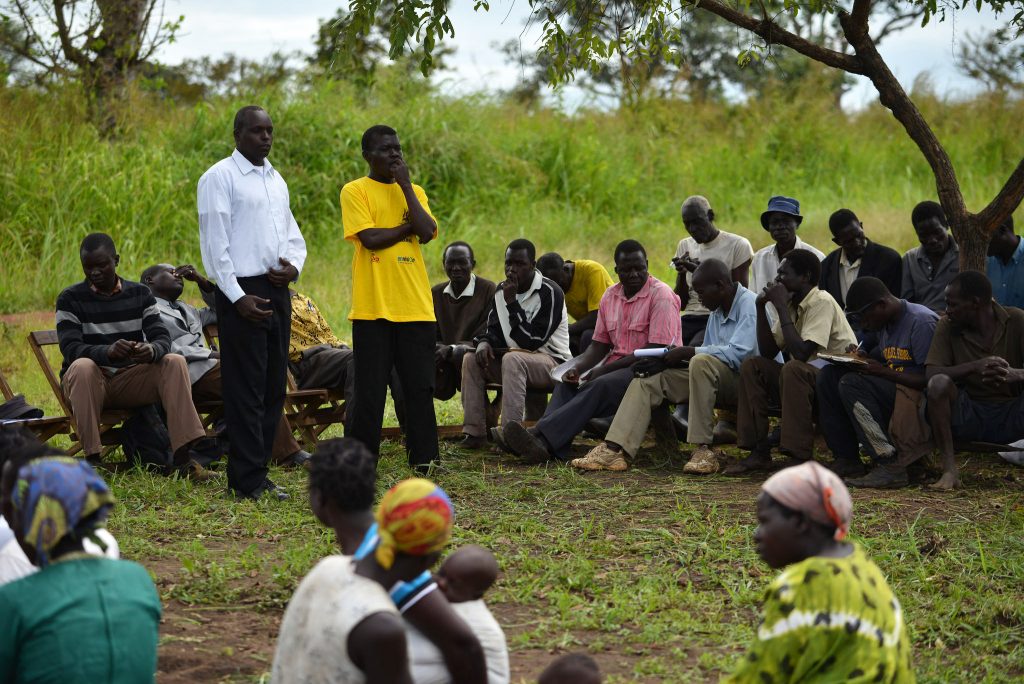
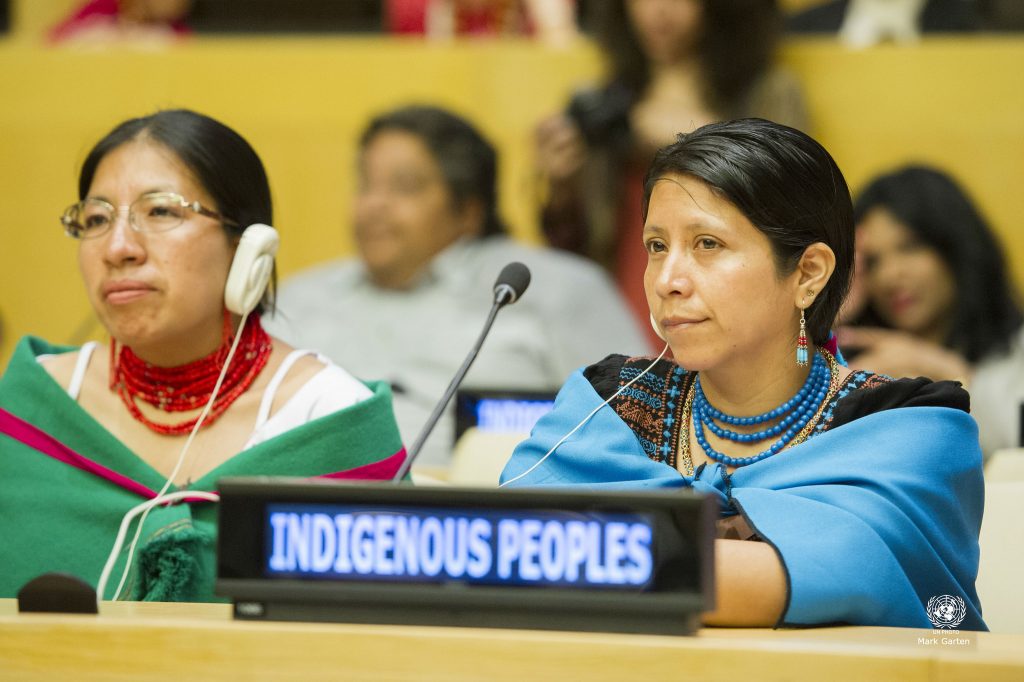
Grants Program
The Goal 16 grants program supports research by Notre Dame faculty and advanced graduate students that focuses on key issues related to social and political action in achieving Goal 16, including: understanding and promoting good governance; political protest and social action for inclusion, accountability, and rule of law; partnerships and intermediation among citizens, states, and elites; transnational norms, institutions, and movements; the role of religious actors in community empowerment, development, and peacebuilding; and citizen action in preventing and recovering from armed conflict.
Research Grants Awarded – 2016
Jaimie Bleck (Political Science)
For data gathering as part of the project “Listening to Grins: Everyday Political Discussions About Mali’s Democratic Recovery,” which looks at Malian attitudes toward three areas central to the recovery of the democratic Malian state: democracy and governance, allegiance to the state and other subgroups, and social cohesion.
Debra Javeline (Political Science)
For data collection to follow up on a 2010 article, “A Balanced Assessment of Russian Civil Society,” co-authored with Sarah Lindemann-Komarova, a longtime grassroots civil society activist in Russia and lecturer at Novosibirsk University. The project explores how much citizen participation there is in today’s Russia, how much the government is facilitating or hindering participation, what other factors influence participation, and how meaningful participation is.
Karrie Koesel (Political Science)
For a project to compare how three authoritarian regimes — Russia, China and Kazakhstan — attempt to educate students to be loyal and supportive citizens. This project explores questions such as: How do non-democracies cultivate popular legitimacy? When and why do they turn to cultural and ethic identity as opposed to economic and ideological principles to foster national unity? How do they use schools to socialize students and the future elite to be patriotic? And do these strategies help or hinder political accountability and the prospects for democracy?
Matthew McEwen (Ph.D. student, Sociology)
For pre-dissertation archival research in Dakar, Senegal, related to the criminalization of homosexuality in French West Africa. The objective of this work is to trace historical variation in the role of religion in the public sphere as a means of explaining substantial variation in the legal status of homosexuality across French West African states.
Ann Mische (Sociology and Peace Studies)
To support research for a book on the use of techniques for “futures thinking” and participatory scenario planning in contemporary global change efforts in the areas of peacebuilding, human development, and environmental sustainability. This work involves a critical examination of the transnational networks, deliberative practices, and political influences of these new “foresight” methodologies, including their impact on community engagement, political advocacy, and institutional change processes.
Atalia Omer (Religion and Conflict, Peace Studies)
For research on Development through Religiously Grounded Family Law Reform, which seeks to identify the intersections among reforms to family law grounded in religious hermeneutics and the development of Goal 16. The research will examine the intersection of religion, gender, and development through a study of four religious feminist organizations — in Malaysia, Indonesia, Sri Lanka, and Morocco — and their negotiation of local and trans-local norms and patterns of religious illiteracy.